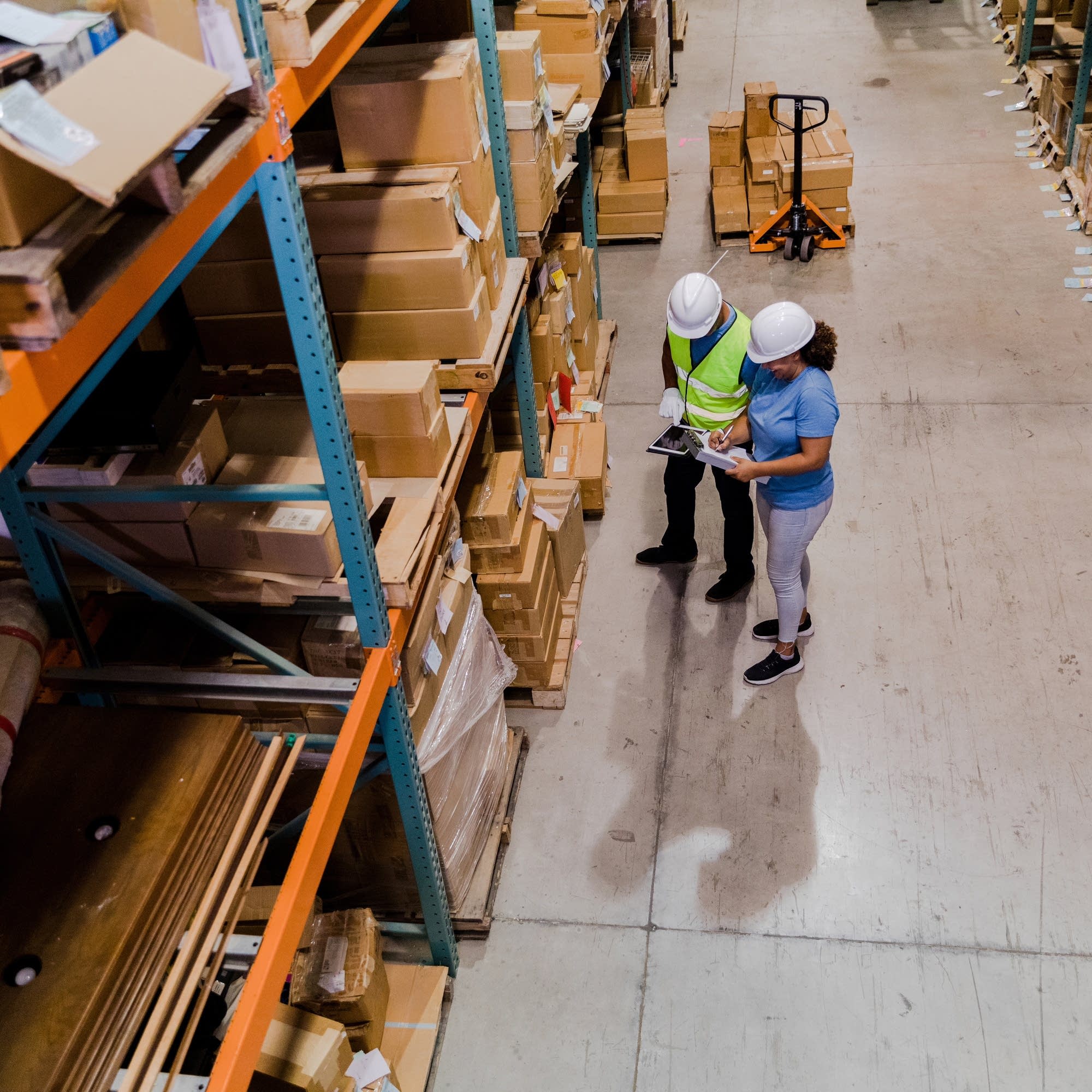
🤖 AI Summary
Overview
This episode delves into the economic ripple effects of supply chain slowdowns, trade uncertainty, and shifting consumer behaviors. It explores how businesses are adapting to tariffs, Gen Z's frugal holiday spending, the challenges of international library lending, and the growing demand for climate-focused skilled trades training.
Notable Quotes
- In the face of uncertainty and unpredictability, cash remains king.
– Todd Adams, on navigating trade and economic instability.
- Librarians pride themselves on their ability to provide people with knowledge. That is their job.
– Emanuel Meiberg, on the challenges tariffs pose to international library loans.
- Expanded workforce training in the well-paying skilled trades checks all those boxes at once.
– Elizabeth Harbaugh, on preparing rural communities for climate workforce demands.
📉 Supply Chain Slowdowns and Tariff Impacts
- The Logistics Managers Index for September hit its lowest level since March, signaling a slowdown in transportation utilization and inventory movement. (Justin Ho)
- Retailers like Rothman’s stocked up early to avoid tariffs, but now inventory sits idle, creating uncertainty about consumer demand. (Ken Giddon)
- Rising costs from tariffs are expected to be passed to consumers, potentially reducing future inventory orders and causing distress across supply chains. (Zach Rogers)
- Businesses like Ocotillo Capital Partners are delaying warehouse projects due to short-term lease hesitancy and trade policy uncertainty. (Nick Dyer)
🛍️ Gen Z’s Frugal Holiday Spending
- Deloitte reports holiday shoppers plan to spend 10% less this year, with Gen Z cutting their budgets by 33%.
- Rising costs of rent and groceries, coupled with job market challenges, are driving Gen Z toward cheaper gifts, secondhand shopping, and DIY presents. (Matt Levin)
- Retailers like Unglued in Fargo, ND, are seeing earlier holiday shopping but are struggling to maintain profitability amidst fluctuating sales. (Ashley Morgan)
📚 Tariffs Disrupt International Library Lending
- Tariff policies and shipping suspensions have complicated interlibrary loans, leaving books stranded in customs or unreturned. (Emanuel Meiberg)
- Librarians are improvising with workarounds, such as declaring $0 value on packages, but the system remains unpredictable.
- The issue highlights broader unintended consequences of trade policies on academic research and global cooperation.
🔧 Climate Workforce Training in Rural Areas
- Colorado Mountain College and local businesses are expanding skilled trades programs to meet demand for climate-focused jobs, such as HVAC technicians specializing in heat pumps. (Ray Solomon)
- Rural areas face severe worker shortages, but these programs aim to build a sustainable, skilled workforce to address climate challenges. (Tim Braun, Megan Christensen)
- Students like Andrea Anderson are gaining credentials to support the transition to energy-efficient technologies, aligning economic and environmental goals.
🍫 Small Business Resilience Amid Economic Shifts
- Dean’s Sweets in Portland, Maine, reports a mild drop in sales but anticipates a holiday surge.
- The business is balancing financial pressures with optimism, preparing for a hectic but rewarding holiday season. (Kristen Tallheimer Bingham)
AI-generated content may not be accurate or complete and should not be relied upon as a sole source of truth.
📋 Episode Description
The U.S. retail and supply chain sectors are slowing down — September’s Logistics Managers’ Index hits its lowest point since March. Many retailers are stopping shipments after stocking up early to avoid tariffs. Ongoing trade uncertainty and rising costs have companies fretting about the long term. Also in this episode: Gen Z plans to spend less this holiday season, tariffs muddle international library lending, and Colorado colleges partner with the private sector to expand skilled jobs training.
Every story has an economic angle. Want some in your inbox? Subscribe to our daily or weekly newsletter.
Marketplace is more than a radio show. Check out our original reporting and financial literacy content at marketplace.org — and consider making an investment in our future.
